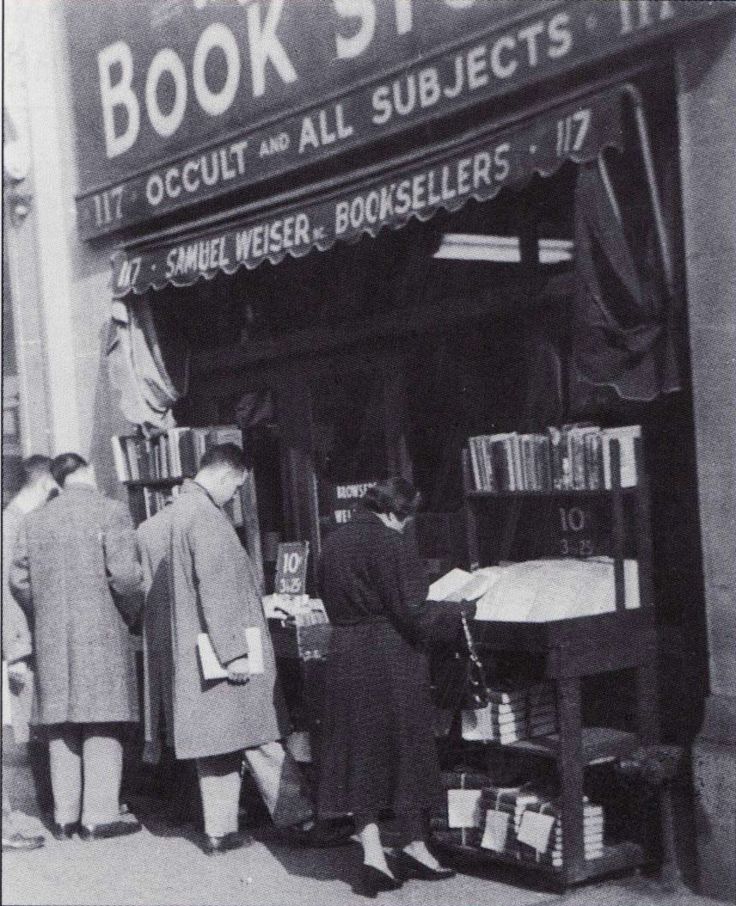It’s not that I’ve learned to stop worrying and love the bomb, but I’m not nearly as concerned about the future of books as I was only a couple of years ago.
I certainly don’t think Amazon should be setting online book prices, and if it reaches monopoly level (and it may have already), that should be addressed on a federal level. I say that as someone who isn’t an Amazon hater. No company has made reading such a full and diverse experience.
There are so many great books being published now that I can’t even begin to keep up with them. That wasn’t supposed to happen as screens shrunk, publishers were pummeled, bricks and mortars were dismantled and libraries cut hours.
I grew up in a neighborhood without a bookstore, and if I had then had a Kindle and an Amazon Prime membership, I would have had access to the most amazing collection of volumes in the history of the world. That was never possible before the Internet.
While books are more widely available than ever before, they’re certainly less visible offline. That could be remedied on a local level if small shops were incentivized with government funds, the way NYC does with supermarkets that sell sections of healthy food in poorer neighborhoods which don’t already have easy access to fresh produce. (Of course, these markets haven’t changed eating habits.)
So, I suppose I’m much more sanguine about the present and future of reading in the U.S. (or at least the opportunity to read) than Scott Timberg of Salon, who feels there must be serious intervention to save our literary culture. From Timberg:
It’s always good news when a bookstore opens, and when it’s an indie backed with significant amounts of cash, and run by someone who really cares, it’s even better. So like everyone else, we smiled when we saw the New York Times story about Diary of a Wimpy Kid author Jeff Kinney — whose series “has spawned three feature films that have earned more than $225 million worldwide” — opening a bookstore in Plainville, Mass. Like Parnassus, the shop novelist Ann Patchett co-owns in Nashville, this will allow people to stumble upon books they’d never thought of looking at, it will employ booklovers behind the counter, and will hold events that allow authors to reach readers. All good things.
But it also makes us wonder: In the Age of Amazon, are the only people who can open bookstores celebrity authors? And aren’t these cheery stories about these mostly anomalous events kind of distracting us from the big picture? …
But isn’t this a bit like the benefit concerts that we threw for ailing and dying musicians back in the days before national medical insurance? The fact that Victoria Williams, Vic Chetnutt and Alejandro Escovedo came close to dying because they lived in a country that denied people basic health coverage was the original sin – and larger context — there. Musicians and fans worked hard to apply a (much needed) band-aid with Sweet Relief concerts and the like. But in the long run we needed a broader safety net, not more passing of the hat.
So what’s the larger context here? Well, if you follow the conversation as it’s expressed by bookstore organizations and the Times story, everything is fine: Indies are bouncing back, and some really cool authors are opening new stores! But somehow the Times piece neglects to use the term “online bookselling” or name Amazon even once, or to mention that there are approximately half the number of indies now than there were in the ‘90s, even as we’ve added more than 60 million people to U.S. population since then.•
Tags: Scott Timberg

